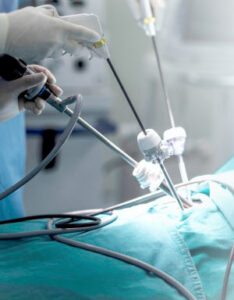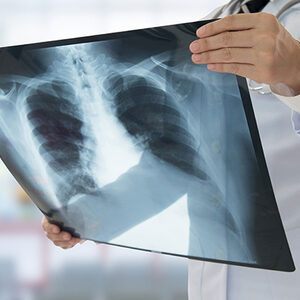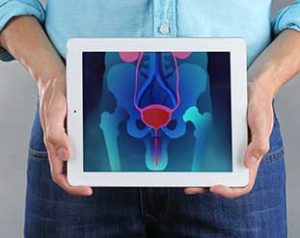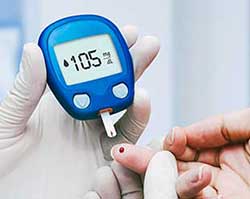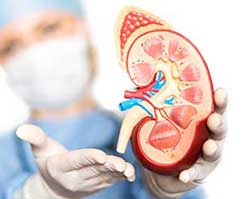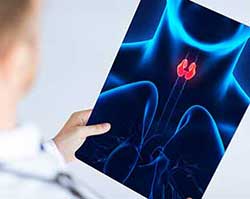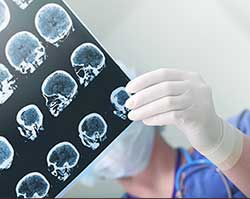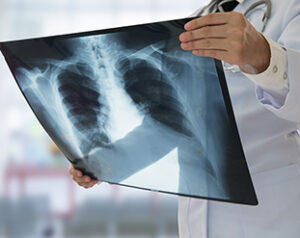Consult City's Top Doctors, The Minute You Need To
First Consultation starting
@ ₹249 ₹499
14261
General Physicians
5337439
Cases done
by General Physicians
2248
Hospitals
Pulmonary Mycobacterial Infection: What Are The Treatment Options
About
Pulmonary Mycobacterial Infection refers to an infection caused by Non-tuberculous mycobacteria (NTM). NTM is a mycobacterium which is found commonly in soil and water. It is less likely to affect humans in general, except who are more prone to falling ill due to it.
As many as 150 species of nontuberculous mycobacteria are identified but only 3 of them are known to cause diseases. [1]
Pulmonary Mycobacterial Infection affects people of every age, especially people of older age, above the age of 65.
- The possible underlying cause of Pulmonary Mycobacterial Infection is the Non-tuberculous bacteria. Infected people are affected by the bacteria into the tissues of their lungs and cause inflammation of the airways.
- People likely to get this infection are the ones with a weak immune system, people having a lung transplant, people suffering from diseases like tuberculosis, black lung disease, COPD.
- Women, older adults (45-65 years), and white people are more prone to getting pulmonary Mycobacterial infection.
Symptoms
- The main symptoms of Pulmonary Mycobacterial Infection are:
- Coughing
- Blood in a cough: Coughing can be severe accompanied by blood.
- Weakness: Person may feel weak and energyless.
- Shortness of breath: Breathlessness is seen
- Fatigue: Person may feel a lack of energy
- Weight Loss: Unexplained weight loss is a symptom.
- Fever: temperature rise can also be seen in some cases.
- Excess mucus: Mucus may be a sign of the disease.
- Chills: Person may get chills due to fever.
· Diagnostic tests for Pulmonary Mycobacterial Infection include:
- Chest X-RAY
- CT Scan
- Pulmonary Function Tests
Treatment
- Treatment of Pulmonary Mycobacterial Infection includes taking precautions and proper medicines and antibiotics as recommended by a doctor. Following are the treatment options:
- Self-care::
- Adequate rest
- Aerobic exercise
- Avoiding hot tubs outside of the home.
- Use purified water.
- Medication:
- Combination of Antibiotics and drugs.
- Medical Therapy.
- Video-Assisted Thoracoscopic Surgery (in severe cases)
- Counseling
The patient can see a mycobacterial infection specialist to do away with the disease.
Specialists: At mfine, our team of experienced and expert doctors helps you find the proper treatment plan for yourself. Reach out to us today.
Other Specialities
Give a missed call to 08061914343 to Download the App

